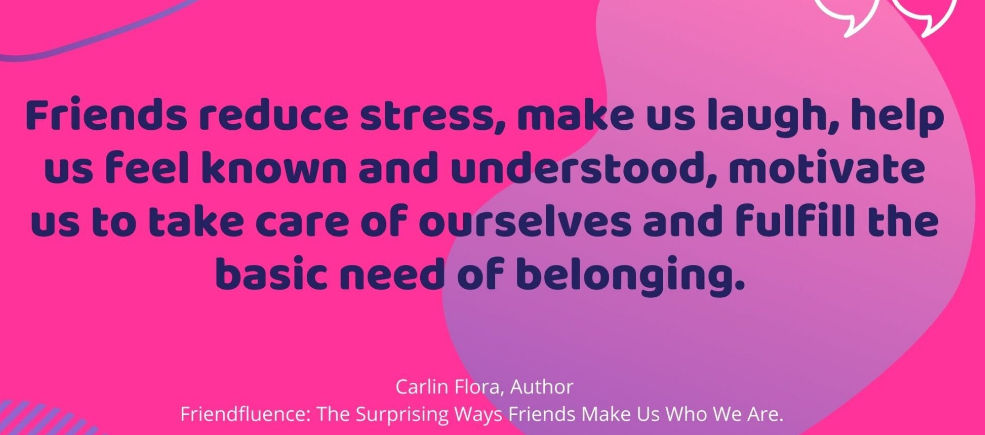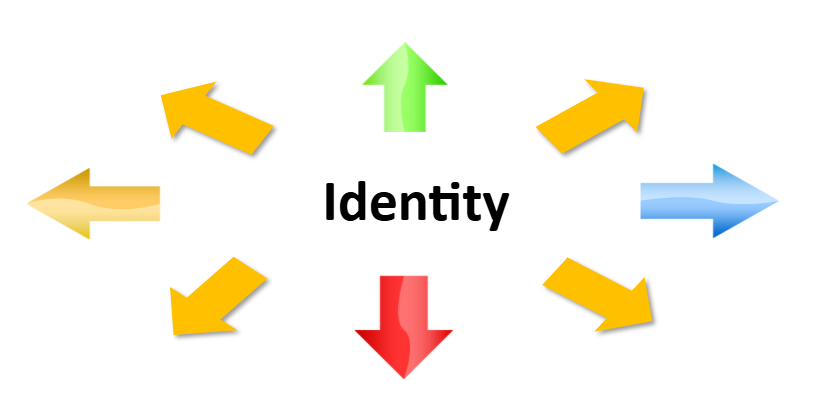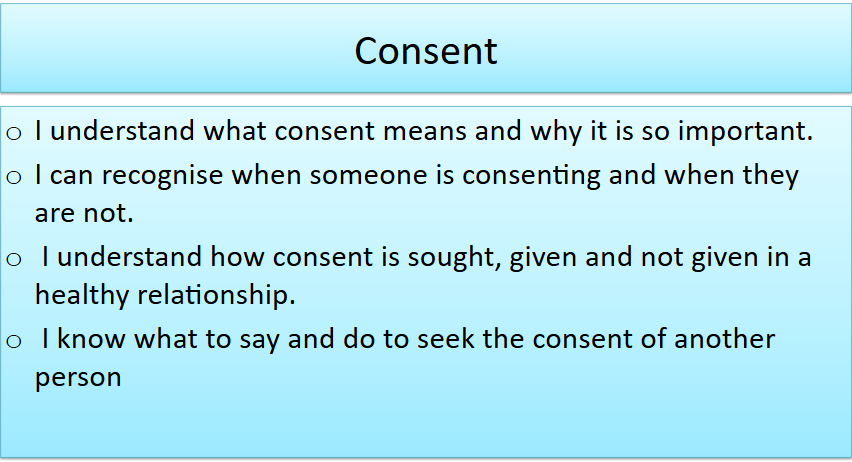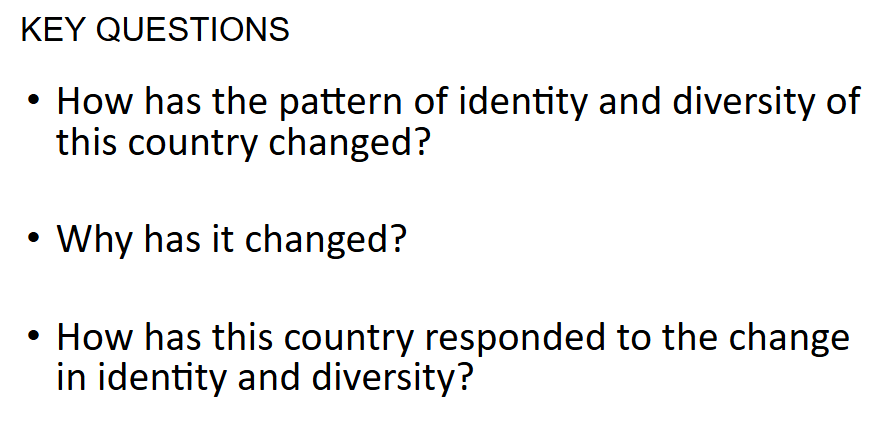KS3 PSHE

23rd May 2025
Year 7 - Healthy Relationships
Friendships and family are an incredibly important part of growing up, yet navigating our most important relationships is not always straight-forward.
The Year 7 class have been looking at building healthy relationships in PSHE this term. We started by looking at the differences in the relationships we have with different groups such as friends, family and teachers, how these differ from acquaintances and appropriate boundaries for each group. This included exploring the boundaries required for safe online interactions and recognising the difference between the online world and the real world. In today’s world it is vital to remind students of the boundaries they should enforce with online friendships when they do not know a person in real life. It is also important that students know that healthy relationships take work and require personal investment, even keeping a positive relationship with oneself.
The underlying theme for this module was building positive relationships which is an important part of being a healthy individual.
Mrs Wood
Year 8 - Identity and diversity, healthy relationships and consent
This first half of term, Year 8 students explored the topics of identity and diversity, positive and healthy relationships and consent.
Identity and Diversity
Students began the unit by exploring the concept of identity, what makes us who we are. Through class discussions and reflective activities, they examined how factors such as family, culture, gender, interests, and beliefs contribute to a sense of self. The lessons encouraged self-awareness and celebrated diversity, helping pupils to appreciate the uniqueness of others while developing their own voice and values. They also discussed how diversity can change and shape a neighbourhood, town, city or country and looked at specific examples of positive impact of diversity on communities. The students discussed and analysed the reasons behind movement of populations and what barriers and challenges newcomers might face. These topics were grounded in our kenyan context but also looked at examples in different parts of the world.

Positive and Healthy Relationships
Next, we explored what it means to build and maintain positive relationships. Students learned about the qualities of healthy friendships and relationships, including respect, trust, communication, empathy, and boundaries. Real-life scenarios and group discussions helped students identify red flags in relationships and understand the importance of mutual respect in all interactions, whether in-person or online.
Consent
Consent was a key focus area, taught with sensitivity and clarity. Pupils examined the concept of consent not only in romantic or intimate contexts but also in everyday interactions. Emphasis was placed on the importance of clear, informed, and enthusiastic agreement, and on the right to change one's mind at any stage. Through age-appropriate materials and scenarios, students learned how to give and receive consent, and how to respect others’ boundaries.

Online Safety
Finally, the topic of sharing explicit pictures online was approached with great care. Students discussed the risks, legal implications, and emotional consequences associated with sharing explicit images online. They were taught strategies for resisting peer pressure, seeking help when needed, and making safe, informed choices in a digital age. The importance of digital respect and responsibility was reinforced throughout.

ChildLine Kenya - 116
If you are concerned about a child, please speak to a member of the school’s Safeguarding Team or call ChildLine Kenya.
Mme Mwangi
Year 9 - Understanding Intimate Relationships
This term in Year 9 PSHE, students have been learning about intimate relationships, covering emotional, physical, and sexual aspects. The focus is on building healthy relationships based on respect, trust, and clear communication.
What Is Consent?
Consent means giving clear, voluntary permission for any kind of physical or sexual contact. It must be:
- Freely given – not coerced or pressured.
- Informed – both people must understand what they are agreeing to.
- Reversible – anyone can change their mind at any time.
- Specific – saying yes to one thing does not mean saying yes to everything
Importantly, giving consent means taking responsibility for that decision. You must be sure of your choice and understand the possible emotional or physical consequences. If someone does not feel ready or changes their mind, that choice must always be respected.
Sexting and Sextortion – Know the Risks
Sexting (creating or sharing sexual images or messages) can seem harmless, but it can quickly lead to serious consequences. Sharing any sexual images of someone, even of yourself, is illegal.
Sextortion happens when someone threatens to share private images unless their demands are met – often money, more photos, or other favours. This is a serious crime and form of abuse. If this happens:
- Do not blame yourself, it is not your fault.
- Tell a trusted adult straight away
- Do not delete messages or images
- Get help from CEOP or Childline (116)
Looking After Your Sexual Health
Students also learn about sexual health, including:
- Contraception
- STI awareness
- Consent in relationships
- Emotional Wellbeing
- Respecting your own and others’ boundaries
We encourage students to speak to a trusted adult or the safeguarding team. These lessons aim to help young people make safe, respectful choices now and in the future.








